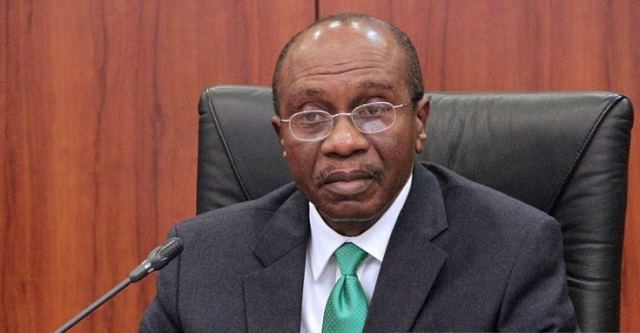Opts for stability, retains 26-month rates
Central Bank of Nigeria (CBN) Governor Godwin Emefiele yesterday said he was optimistic that the alleged illegal $8.134 billion repatriation dispute involving MTN and its lenders would be resolved amicably.
The regulator had last month ordered the South African telecommunications firm and the affected banks in the deal to return the money to Nigeria, alleging that the company breached extant foreign exchange regulations.
“I am very optimistic we will resolve the matter and I believe that everybody will be happy. MTN will be happy, the banks will be happy. CBN and government would be happy,” Emefiele told reporters in Abuja.However, the apex bank may have opted for stability ahead of growth, as it yesterday retained all monetary policy rates for the 13th consecutive time.
The move appears as a cautious approach against any outcome of the United States’ rates meetings holding today.With the new development, the possibility of issuing emergency financial instruments by the monetary authorities next week is now high, as the rate decision shows the need to stem capital flight and attract more foreign investments amid falling external reserves.
With poor outlook on inflation, political tension, looming rate hike in U.S. and falling foreign exchange inflows, causing the reserves to fall below $45 billion, the nearest potent tool would be high yielding financial instruments to stem capital flight.
Experts have already described the CBN’s move as opting for stability, which is urgently needed before any consideration of economic growth, as sliding foreign investments are renewing pressure on the external reserves.
Emefiele, while reading the communiqué of the meetings, said: “There is need to maintain the current monetary policy stance and wait a clearer understanding of the quantum and timing of liquidity injections into the economy before deciding on possible adjustments.”Renowned economist, Bismarck Rewane, said the decision was in order, especially when the pressure on the external reserves had returned.












